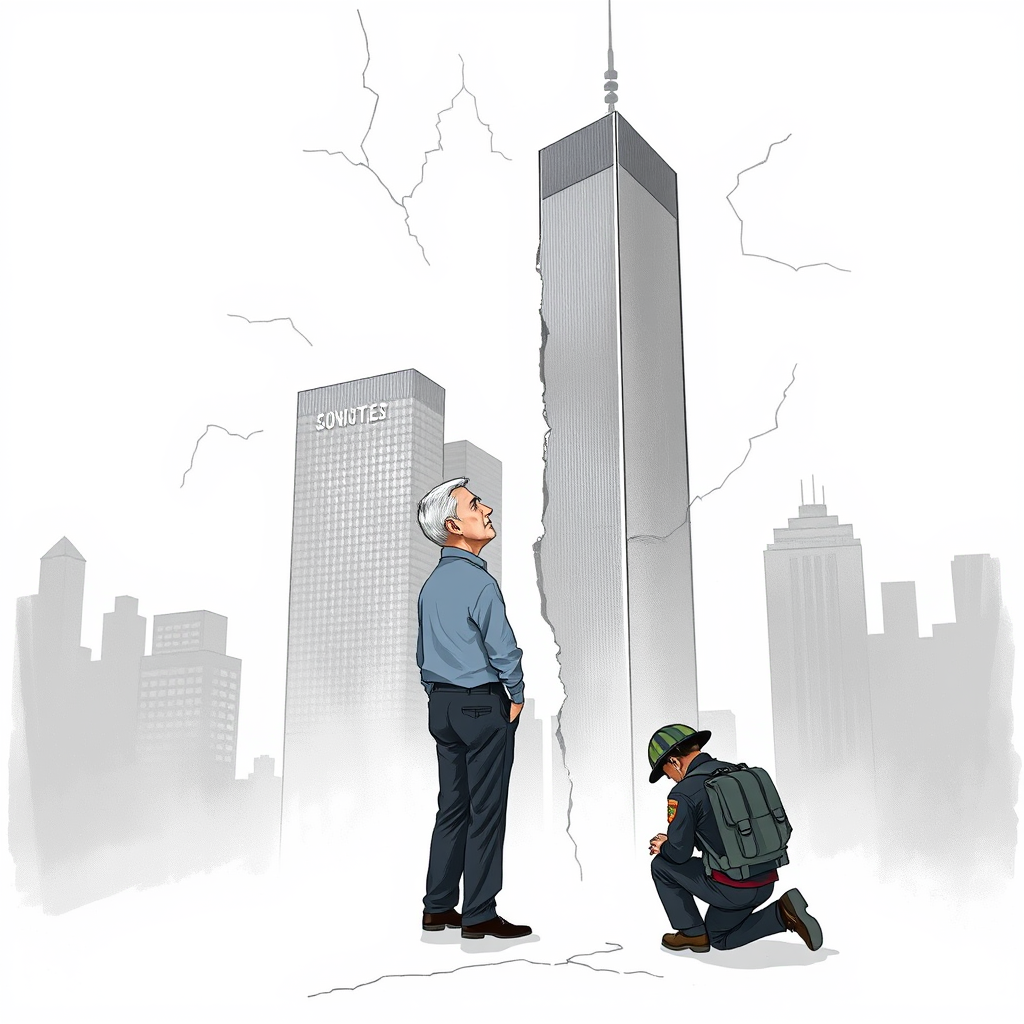Senator Slammed for Reviving 9/11 Conspiracy Theory

Senator Ron Johnson is facing sharp criticism after revisiting and promoting a long-discredited 9/11 conspiracy theory. The Wisconsin Republican discussed his desire for further hearings regarding the collapse of World Trade Center Building 7 – which fell hours after the attacks on the Twin Towers – during an appearance on the far-right “The Benny Show” podcast Wednesday. Johnson suggested the building’s collapse wasn’t solely caused by the initial attacks.
The senator stated he has “questions” and that his “eyes have been opened up,” fueling speculation about the established narrative of the 9/11 attacks.
The comments drew immediate condemnation, most notably from 9/11 first responder John Feal, who labeled Johnson “a silly man” during a CNN interview with Brianna Keilar. Feal passionately argued that Johnson’s focus on conspiracy theories is a distraction from crucial legislative work, particularly concerning the health and well-being of those impacted by the attacks.
“Right now, there’s no legislation being done, there’s no governing, and they’re distracting their base and the American people with nonsense,” Feal stated. He further emphasized the human cost, noting that over 137,000 people are currently sick due to 9/11-related illnesses and that more than 39,000 in the World Trade Center Health Program have cancer. He directly linked potential cuts to funding for the National Institute for Occupational Safety and Health (NIOSH), which administers the health program, to worsening outcomes for those suffering from 9/11-related health issues.
Feal challenged Johnson to prioritize genuine advocacy for 9/11 victims and first responders, urging him to co-sponsor S-739, a relevant piece of legislation. He revealed plans to meet with Johnson’s office next week to deliver a direct message about the senator’s misplaced priorities.
Feal contrasted his own commitment to advocacy with Johnson’s pursuit of conspiracy theories, stating that while such theories inevitably emerge after major events, it is crucial to choose action rooted in supporting those harmed. This incident highlights a disturbing trend of elected officials amplifying misinformation and potentially undermining the collective memory and respect for the victims of 9/11. It’s a disservice to the sacrifices made that day and a dangerous precedent to prioritize unfounded theories over the tangible needs of those who continue to suffer the consequences.